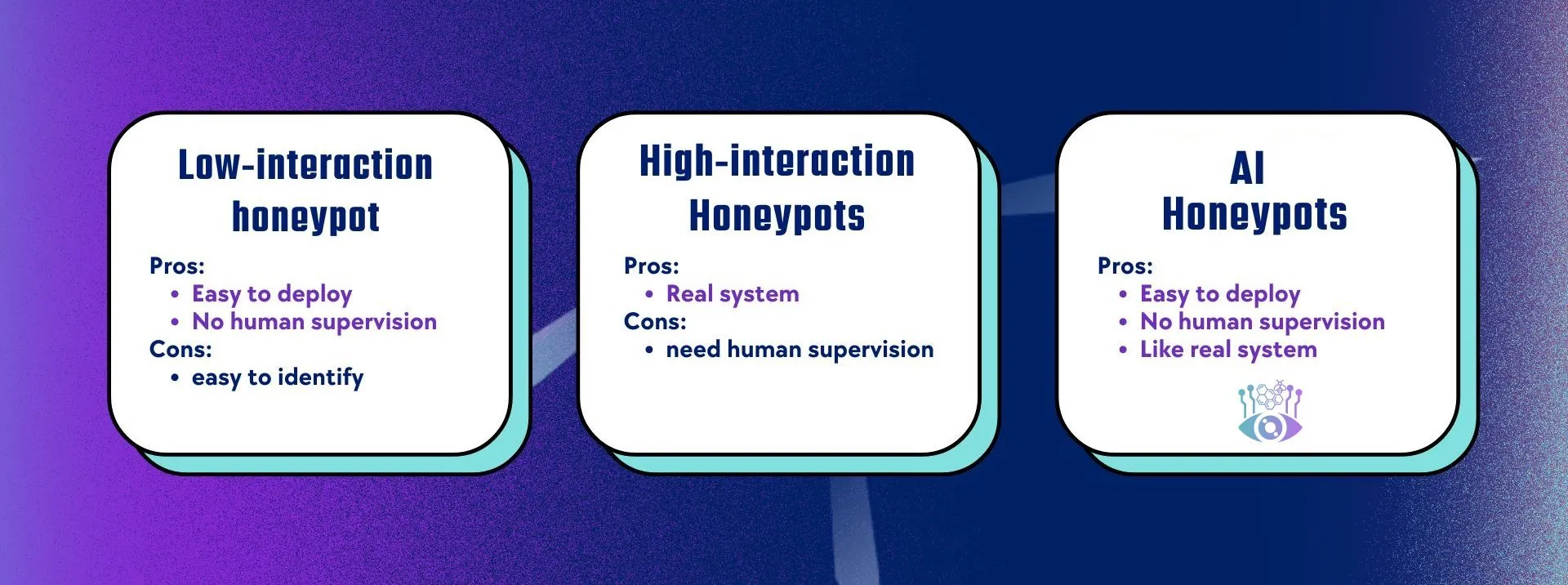- honeypots
- LLM honeypots
LLM Honeypot with Beelzebub framework
You can’t defend. You can’t prevent. The only thing you can do is detect and respond. By Bruce Schneier

Mario Candela
Founder and maintainer

Overview
As cybercrime continues to be a major threat to businesses and individuals, it’s important to have effective measures in place to detect attacks.
One such measure is the use of a honeypot, a computer system that is set up to attract and trap cybercriminals or malware in order to study their behavior.
Traditionally, we have two types of honeypots. Low-interaction honeypots rely on static data and rules, making them easily detectable by cybercriminals or malware. Another solution is high-interaction honeypots, which are fully functional computer systems but require constant supervision.
That’s where LLM Honeypot comes in. You don’t have to supervise it, and it replicates a real environment.

LLM honeypot implemented with Beelzebub framework:
The following lines illustrate how to implement an AI honeypot using the Beelzebub framework.
apiVersion: "v1"
protocol: "ssh"
address: ":2222"
description: "SSH interactive LLM honeypot"
commands:
- regex: "^(.+)$"
plugin: "LLMHoneypot"
serverVersion: "OpenSSH"
serverName: "ubuntu"
passwordRegex: "^(root|qwerty|Smoker666|123456|jenkins|minecraft|sinus|alex|postgres|Ly123456)$"
deadlineTimeoutSeconds: 60
plugin:
llmProvider: "openai"
llmModel: "gpt-4o" #Models https://platform.openai.com/docs/models
openAISecretKey: "sk-proj-123456"apiVersion: "v1"
protocol: "http"
address: ":8080"
description: "HTTP honeypot LLM
commands:
- regex: "^(.+)$"
plugin: "LLMHoneypot"
statusCode: 200
plugin:
llmProvider: "ollama"
llmModel: "codellama:7b" #Models https://ollama.com/search
host: "http://localhost:11434/api/chat" #default http://localhost:11434/api/chatFor more information, please visit our Docs